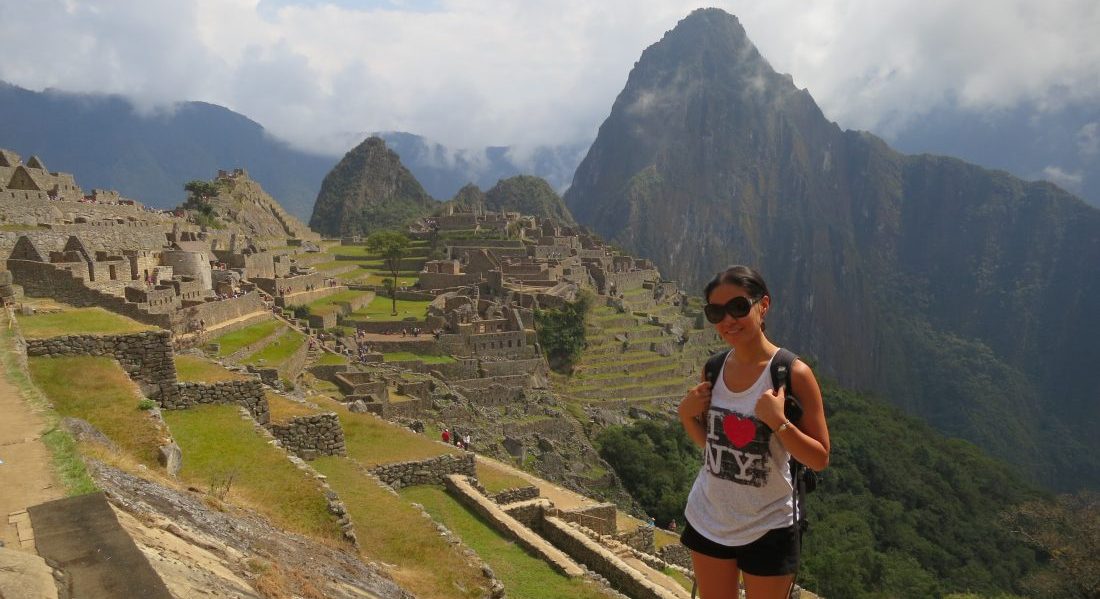
Altitude problems can be a significant issue for many popular travel destinations. At the very least it can ruin the first few days of your trip and at the more serious end of the spectrum, can be life threatening.
Altitude sickness can occur when travelling to as low as 2,700m above sea level. Travellers to Mexico City, Quito, Bogota or Addis Ababa in Ethiopia for example may find themselves feeling nauseated and tired, with headaches common. There is moderate risk if going above 3000m, with high risk of more severe problems if ascending by more than 300m per day once above this level. Studies show that as many as 30% of people will experience altitude sickness when travelling to Cusco from sea level and more than 40% if travelling to La Paz where the airport travellers fly into, is already at 4,200m.
Altitude sickness can largely be prevented by planning the trip with sufficient time for acclimatisation or having an itinerary that includes destinations at lower altitude e.g. Lima to Cusco via Arequipa, which is at 2,500m. Risk is reduced if people are well hydrated and healthy. Sleeping pills and alcohol should be avoided.
Unfortunately however, altitude sickness is completely unpredictable- it doesn’t matter how old or what sex you are and being fit doesn’t help. Diamox (a diuretic which makes you pass more urine) can help you to acclimatise by making you breathe faster. It is safe for most people, but not those who have an allergy to sulphur.
If you are planning a trip where there is a much higher risk of altitude sickness, such as climbing Kilimanjaro or trekking in Nepal, it is important to know how altitude
problems will be managed by your tour group (if at all). Are you travelling to an altitude where Diamox is needed? Can treatment be provided if you experience symptoms? Does the organisation have access to an altitude bag and will they arrange descent safely? – just some of the things you should be considering! It’s also important to make sure your travel insurance covers altitude rescue. Being taken off a mountain by helicopter is extremely expensive and not covered under many policies.
Finally – people may not recognise that they have altitude sickness. Early signs can be irritability followed by slurred speech and then collapse – Grumble, Mumble Stumble!
If in doubt – go down……..
Dr John Terry